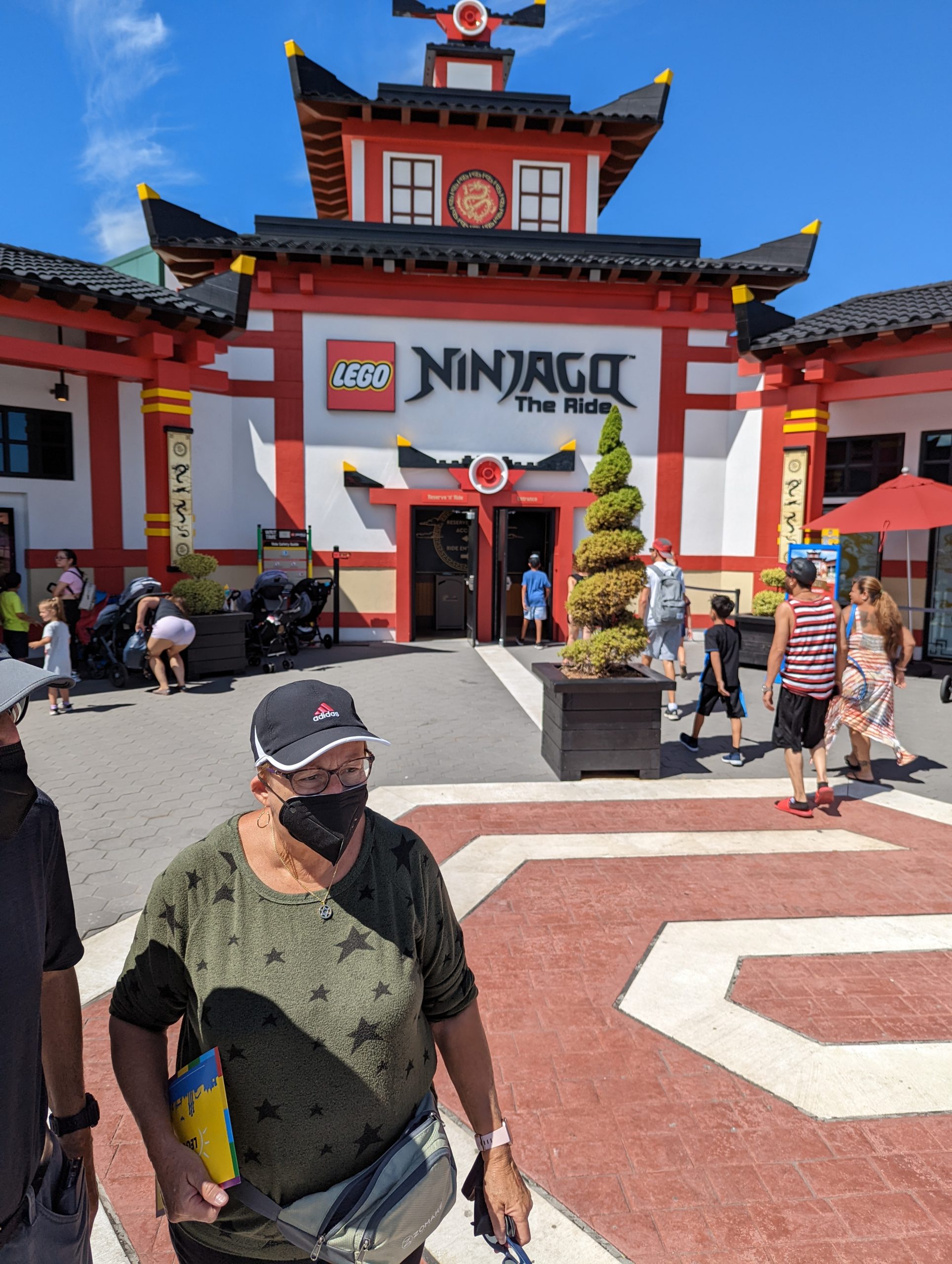My version of the idea didn’t just focus on the mobile experience, but wanted to embrace the idea overall. Which means I’d want it to work on the desktop also. Also, Tantek is an iOS user, but I’m a dedicated Android user, so there is also a different approach there.
The focus was that instead of finding people on service X, you’d find people, then find where they are.
On Android, it has sort of moved in this direction to a degree. Communication apps, if installed, have the opportunity to link directly from the contacts app and add extra information there. So, I can, from a contact in my Contact App, go directly to message someone.
But that is the provider doing that, not necessary the person. Just because I have an account on Message Service A, does not mean I want to be contacted there. It does however mean, if these apps can link in, a theoretical app like this could as well.
So, this means we need something on our websites, under our control, that provides this information. And theoretically, you can visit that page on mobile, as Tantek proposed, or go even further and have an app that presents it for multiple people as a Contact list…either integrated into the built-in system or separately.
So, that means we need two things to start:
- An HTML presentation of this contact list
- Some way for others to discover and parse it in order to integrate it into other things, with or without some sort of identity component(making you log in to see some more info).
The first part, the presentation, is where I was back to initially. Tantek had written a list of URLs for People Focused Mobile Communication.
When it came up recently, I wanted to revisit the concept of looking at how protocol handlers were still being used, and their limited desktop use. So I revisited his list, and some others that weren’t really a thing in 2014. I also am leaning toward URLs over custom protocols where possible. Mobile will generally redirect these to the app anyway…
The other depressing thing since 2014 is the increased reliance on phone numbers. This was already starting at that time, but now, it is everywhere. Name a messaging service that isn’t based on your phone number, which is something I generally don’t want to give out.
- Phone Call – tel:phone number – Call someone using a telephone number.
- Text Message – sms:phone number – This should activate a text messaging service. Variations include smsto, mms, and mmsto. On Apple, I believe, based on research, you can use an Apple ID address in lieu of a phone number, but again, not universal.
- Facebook Messenger – fb-messenger://user-thread/username or http//m.me/username – Username or UserID will work. UserID isn’t always easy to find. (More info)
- Twitter Direct Message – https://twitter.com/messages/compose?recipient_id=3805104374&text=Hello%20world – You would have to find your recipient ID, which is considered preferable as the handle could change.
- Skype Chat – skype:username?chat – You can see the full API including call or group chat here.
- Microsoft Teams Chat – msteams://l/chat/0/0?users=Joe@Example.com or https://teams.microsoft.com/l/chat/0/0?users=Joe@Example.com (Deep Linking Reference)
- WhatsApp – whatsapp://15551234567/send?text=Hello%2C%20World! or https://wa.me/15551234567?text=I’m%20interested%20in%20your%20car%20for%20sale . Without the phone number, it will pop up a selector box on who to send the text to. (Reference)
- Telegram – https://t.me/username?text=Hello%2C%20World! A phone number would only work if they are in your contacts.
- Signal – https://signal.me/#p/15551234567 or sgnl://signal.me/#p/15551234567
For some services, you can create a room/group/etc and get a webhook to have people post in there. So it could be a room just for this purpose.
But, let’s say you solve the problem of actually linking to these services. IndieAuth solves the problem of different presentations by allowing authentication. The final problem is a fairly simple one…how do you mark it up to show your priority/preferences?
I’m not sure yet, but I think I will add an updated contact page to my site with more ways to find me.

